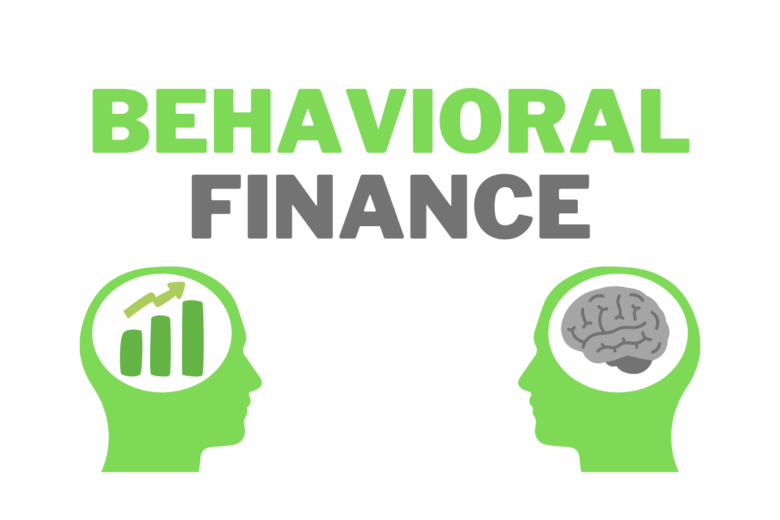Financial stability appears to be a dynamic concept in today’s world. Most people will face unexpected financial problems at some point, whether it’s inflation, unemployment, or a sudden economic downturn. That’s why it’s crucial to have a plan to maintain financial stability, regardless of the economic situation. Recession-proofing your finances isn’t just about weathering the …
Month: June 2025
People always want more money, more stuff, and more complexity. What if the key to financial peace isn’t in wanting more but in accepting less? Financial minimalism is a way of life that challenges you to always want more and encourages you to focus on what’s important. You can better manage your money, reduce unnecessary …
Money management is an integral part of every aspect of our existence. Yet many people struggle with managing their finances, wondering why they don’t have enough money or why saving is so hard. Mental accounting, a psychological phenomenon, is a little-known reason for this. Mental accounting, a concept from behavioral economics, explains how people categorize …
Locating an adequate insurance policy can protect your assets in case something bad should happen, but finding it may require careful thought and consideration. Consider cost, coverage, provider network, and drug coverage when selecting a healthcare plan, as well as your typical healthcare usage and any special needs you might have for it. 1. Home …
With a tap, swipe, or quick scan, spending money is now easier than ever. But as technology advances, it’s also becoming easier to stay in control of your spending. With the help of smart tech and digital innovation, mindful spending—being thoughtful and aware of where your money goes—is becoming a superpower, not just a personal …
Insurance offers us a sense of security by safeguarding us against unforeseen losses. Additionally, insurance mobilizes domestic savings and directs them toward loss mitigation while encouraging trade and commerce. Insurance companies utilize actuarial science to formulate rates through underwriting processes. State authorities oversee their operations. There can either be mutual or proprietary insurers. 1. Life …
Finance is a discipline that deals with the management, investment, and allocation of funds by people. For many years, traditional ideas have dominated the understanding of financial markets and individual behavior. The discipline operates under the assumption that individuals make decisions to maximize their financial return, exhibit logical behavior, and have access to all pertinent …
Budgeting and counting are just one aspect of saving; the other is your attitude. The psychology of saving has a significant impact on our financial success. Most people struggle with saving because of their attitude toward money, not because they don’t have enough. Our behavior, feelings, and even our early life experiences significantly influence our …
Insurance provides financial security against misfortune, such as illness or car accidents. By pooling risks among many people, its aim is to lower overall loss costs. Understanding the seven principles of insurance will enable you to make informed decisions and find coverage tailored specifically for your needs. These principles include insurable interest, utmost good faith, …
Saving and investing are key elements of financial well-being; however, many people struggle to do this both regularly and effectively. Conventional financial advice assumes that people always make rational decisions based on their self-interest, even though the real world works differently. The reality is that people often neglect saving, delay investing, and make hasty financial …










